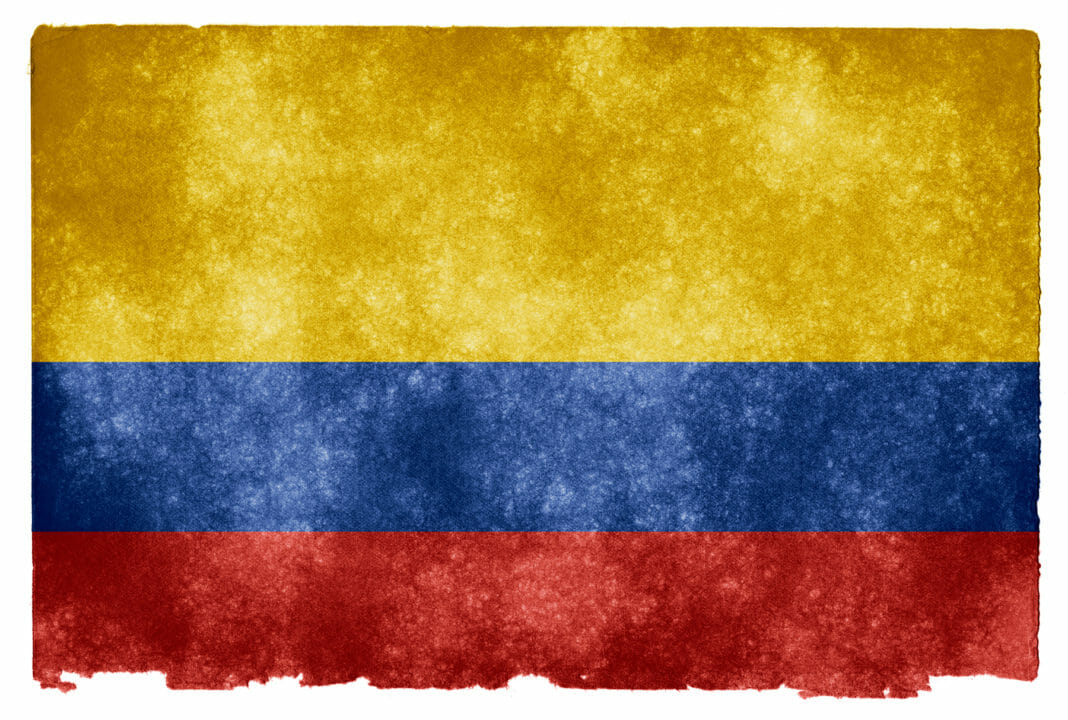Due to delays for approval in Congress, the draft law will be updated. They will start from the legalization of exchanges to the acceptance of cryptocurrencies as currencies.
Colombia’s cryptocurrency ecosystem will move toward an update to the draft law that was prepared nearly two years ago. A group of panelists who participated in a debate on the regulation of blockchain, and crypto-asset platforms last June 24th reached this conclusion.
Juliana Matiz, Co-Founder of the financial markets training and education company Investopi, was responsible for organizing and moderating the debate. It had the participation of Congressman Mauricio Toro, President of Colombia Fintech, Erick Rincón Cárdenas, and, Carlos Mesa, Director of the Bitcoin Colombia Foundation. All of them agreed that, due to the recent delays for the approval of Draft Law 97, many of the proposals included in the document have become obsolete.
During their discussions, the participants mentioned the cancellation of the introduction of the draft law, which Senator Horacio Serpa Moncada had to do on June 8th. The suspension occurred while waiting for a concept that the Financial Superintendence of Colombia (SFC) must issue. That situation discouraged the start of the 4 debates that would allow the draft law to become a law.
The panelists think that the draft law requires an update to adapt it to the changing reality of the ecosystem, considering that the discussions for its preparation date back around a year and a half ago.
A Long Way to Go
Congressman Toro predicts that the process for the approval of a cryptocurrency law will be long since Colombian authorities do not consider the cryptocurrency issue a priority. This situation is gaining strength amid the economic problems that the coronavirus has caused, which now keep the government busy.
He mentions several aspects on that path. The first step, which the current draft law already contemplates, has to do with legalizing exchanges. It is an urgent step since these platforms have serious difficulties to operate due to a prohibition that the SFC issued, which prevents banks from opening accounts for companies that operate with cryptocurrencies.
The next steps are aimed at achieving the approval of cryptocurrencies as currencies and a method of payment, beyond their recognition as assets. According to Matiz, this complex process involves starting with a definition of terms. The president of Colombia Fintech shares this opinion and focuses on the foreign exchange and fiscal impact of admitting them as legal tender.
Beyond “Blockchain, Not Bitcoin”
Regarding the authorities’ low interest in the cryptocurrency ecosystem, Erick Rincón Cárdenas proposes, as a mechanism to streamline the process, which the recognition of cryptocurrencies occurs through the National Executive and not through the Congress.
That idea is aimed at taking advantage of the tendency of the Colombian government, who show their interest in the so-called distributed ledger technology (DLT) with the support for various blockchain projects and applications for official use. Since 2018, that initiative has been part of Iván Duque’s government plan and has worked in line with the well-known motto “blockchain, not Bitcoin”.
However, Congressman Toro makes it clear that the strategy of regulating via decrees is not viable. He says that it is not only because of the lack of government interest but because regulating in this way requires “skipping some rules.”
By Willmen Blanco











